As Burundi gears up for the 2025 legislative elections, concerns over transparency and fairness continue to mount among opposition politicians and civil society organizations. During a workshop on preventing electoral conflicts, held this week by PARCEM, a leading civil society organization, political figures and activists raised alarm over irregularities in the electoral process. They cited issues such as economic hardships, a flawed voter registration system, and electoral laws that they claim favor the ruling party.
Jean-Claude Ndihokubwayo, representing the opposition party UPRONA, warned that the ongoing economic crisis could hinder voter turnout. “People are struggling with poverty, hunger, and a lack of basic necessities. If you ask them at the market whether they will vote, do you think they see elections as a solution to their problems? I don’t think so,” he said. He further criticized the absence of strong opposition candidates, warning of potential disputes over election results.
Beyond economic struggles, opposition parties have expressed concerns about the distribution of national identity cards and the reliability of the voter registry. Christine Ndayishimiye, of the SAHWANYA-FRODEBU party, pointed to loopholes in the ID issuance process, warning of possible voter fraud. “Right now, you can obtain multiple national IDs in different provinces because there is no centralized digital system to detect duplicates,” she said. “Without a credible electoral register, fair elections are impossible.”
Veteran politician Léonce Ngendakumana criticized disparities in the electoral laws, arguing that they disproportionately disadvantage independent candidates. “A political coalition needs only 2% of the votes to gain parliamentary representation, yet an individual candidate must secure 40% in the same constituency. How is that fair?” he questioned. He also raised concerns over the independence of the electoral commission (CENI), pointing out that the current electoral laws were drafted with input from only one political party.
In response, CENI electoral education officer Bénie-Védaste Nyamutegera sought to reassure the public, insisting that the election process would be fair. “These concerns were also raised in 2019, yet the elections proceeded smoothly. Our awareness campaigns continue to emphasize democratic culture and transparency,” he said. He dismissed claims of favoritism toward a single party, arguing that such accusations often come from disqualified candidates.
Prime Samutoto, representing the Confederation of Workers in Burundi (COSYBU), emphasized the need for inclusive dialogue. “It is interesting how funds for election mobilization are readily available, yet when it comes to addressing economic issues, those requesting dialogue receive no response,” he remarked.
Concerns over electoral fairness are not new. In January, opposition leaders warned of rising violence against party members and a shrinking space for political tolerance. The international community has also weighed in, with EU Ambassador Elisabetta Pietrobon and Belgian Ambassador Michael Wimmer both calling for free, fair, and transparent elections.
According to CENI’s 2025 election schedule, legislative and municipal council elections are set for June 25, 2025. Senators will be elected by municipal council members on July 23, while local leadership elections will take place on August 25 in five newly reorganized constituencies.
Vianney B contributed reporting

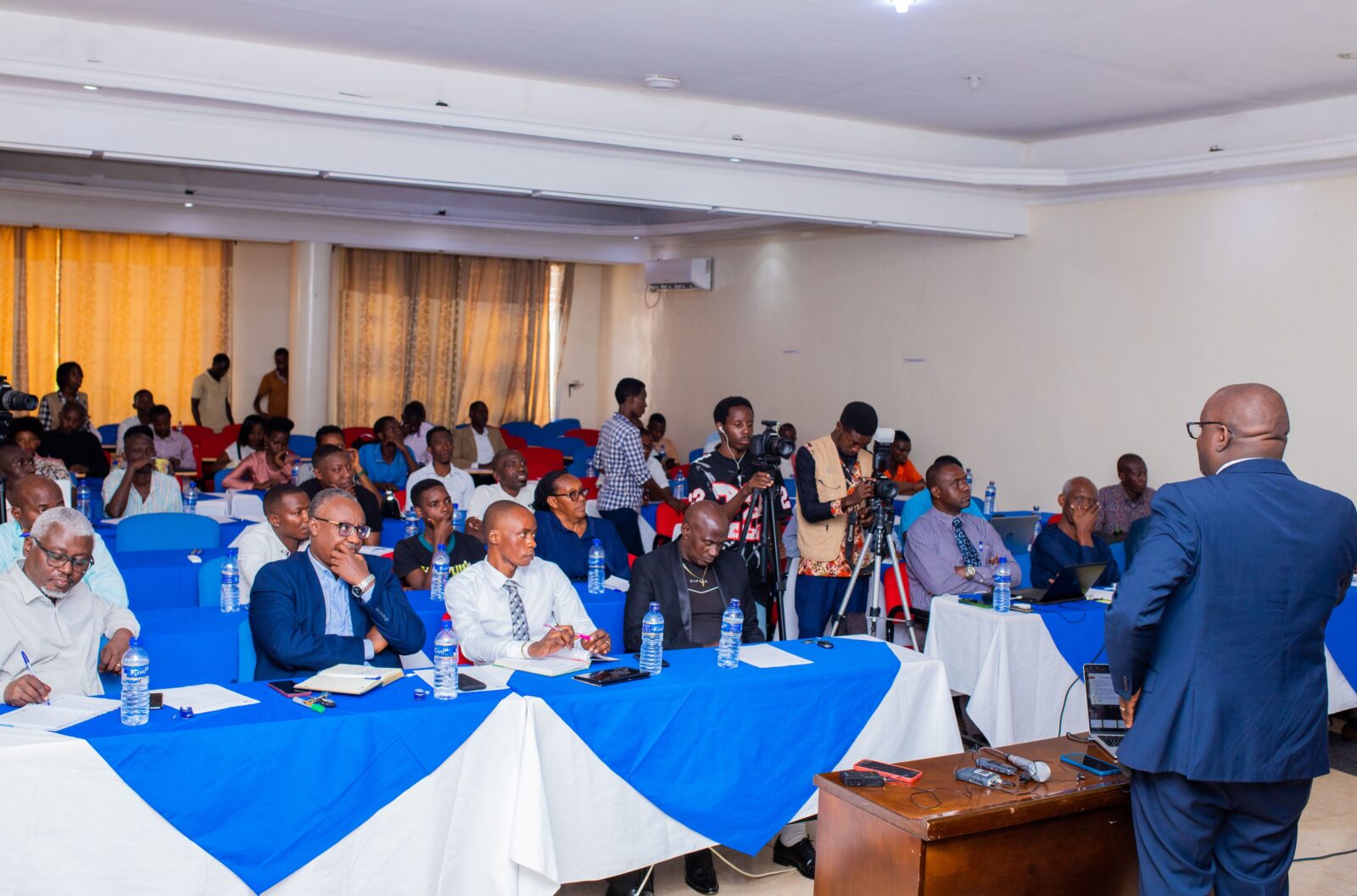
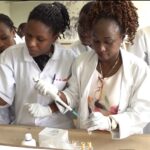
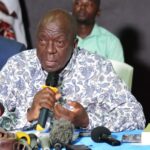
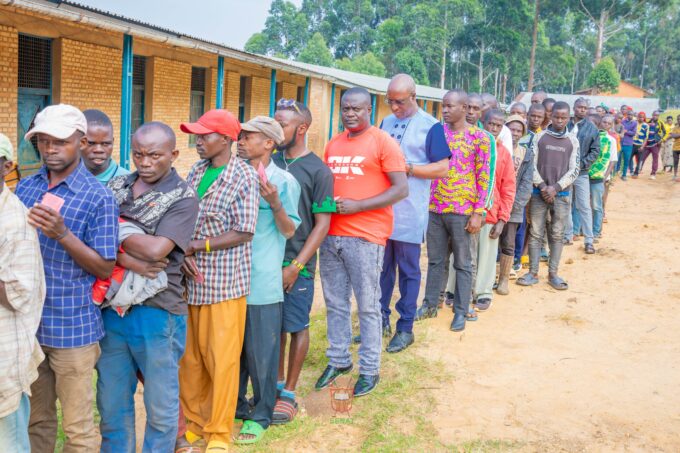
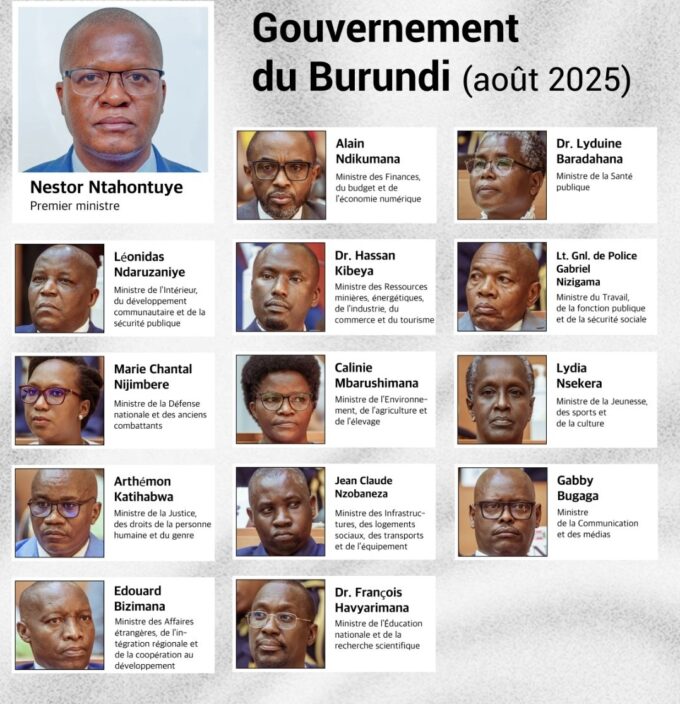
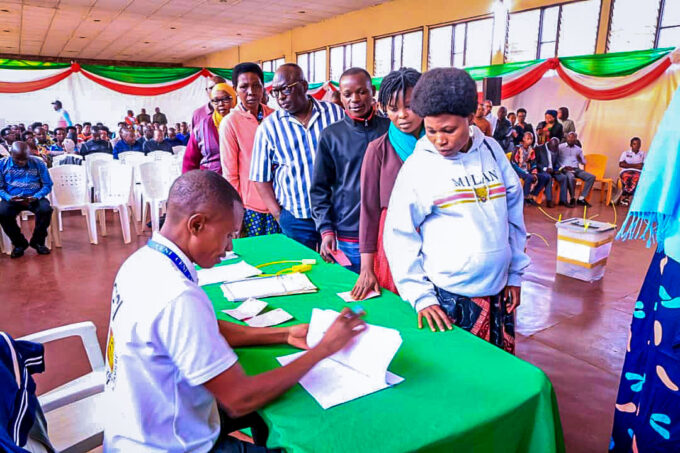
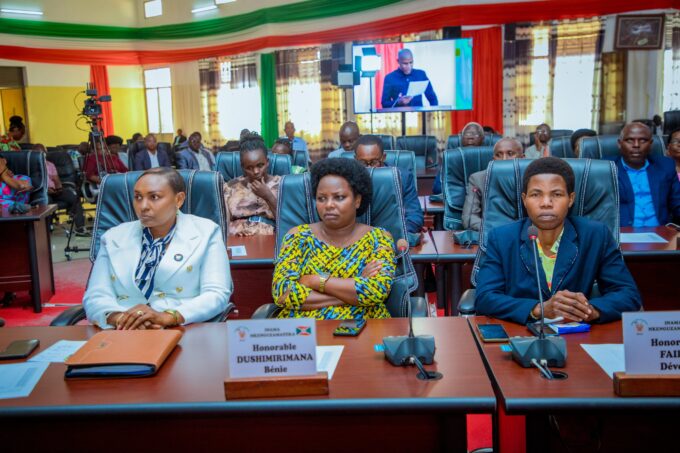
Leave a comment